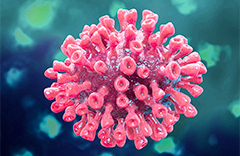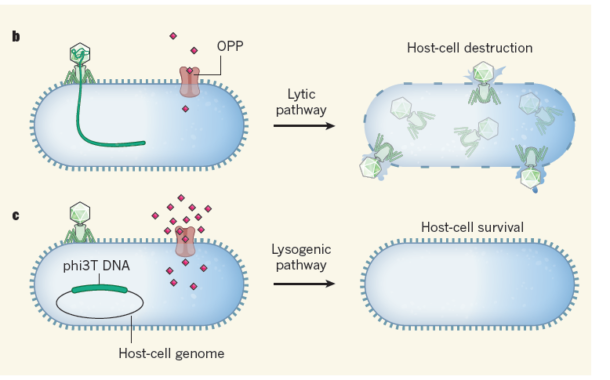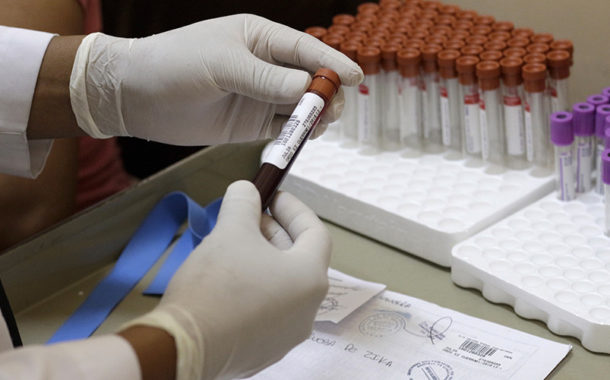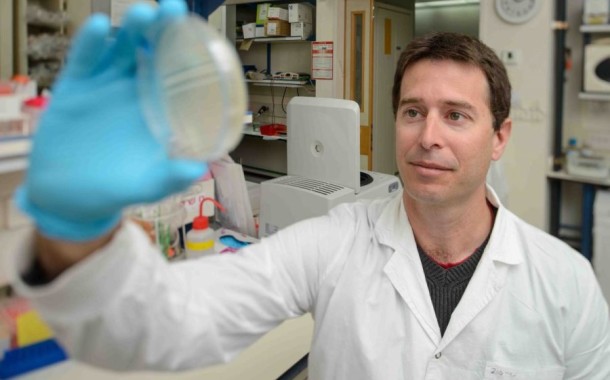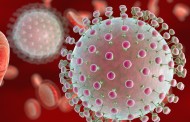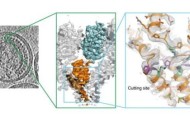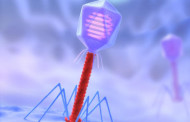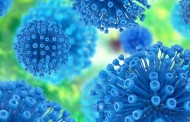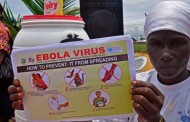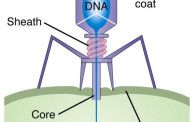The current Zika epidemic in Latin America is likely to burn itself out within three years, suggests new research. The findings, from scientists at Imperial College London, also conclude tha... Read more
Study provides insights into workings of new HIV drugs and how virus becomes resistant. A new type of HIV drug currently being tested works in an unusual way, scientists in the Molecular Med... Read more
Viruses can’t live without us — literally. As obligate parasites, viruses need a host cell to survive and grow. Scientists are exploiting this characteristic by developing therap... Read more
A virus that infects major freshwater bacteria appears to use stolen bits of immune system DNA to highjack their hosts’ immune response. Microbiologists have discovered that the virus,... Read more
The first days after HIV infection are very important because sexual partners are exposed to extremely high risks of infection due to the subsequent high viral load in the infected person. A... Read more
Researchers at the University of Pittsburgh have developed a unique method for detecting antibodies in the blood of patients in a proof-of-principle study that opens the door to development... Read more
Selection of a potential diagnostic biomarker for HIV infection from a random library of non-biological synthetic peptoid oligomers Abstract Non-biological synthetic oligomers can serve as l... Read more
To be prepared for new Ebola virus disease cases, it is fundamental to start by identifying the range of the virus and the regions that are more favorable for its propagation. A team from th... Read more
Research shows that the human protein, IFITM3, blocks Zika virus replication and prevents cell death. Eight weeks after receiving their first samples of Zika virus, scientists at the Univers... Read more
Yale researchers were fishing for a new weapon against antibiotic resistance and found one floating in a Connecticut pond, they report May 26, 2016 in the journal Scientific Reports. The vir... Read more

